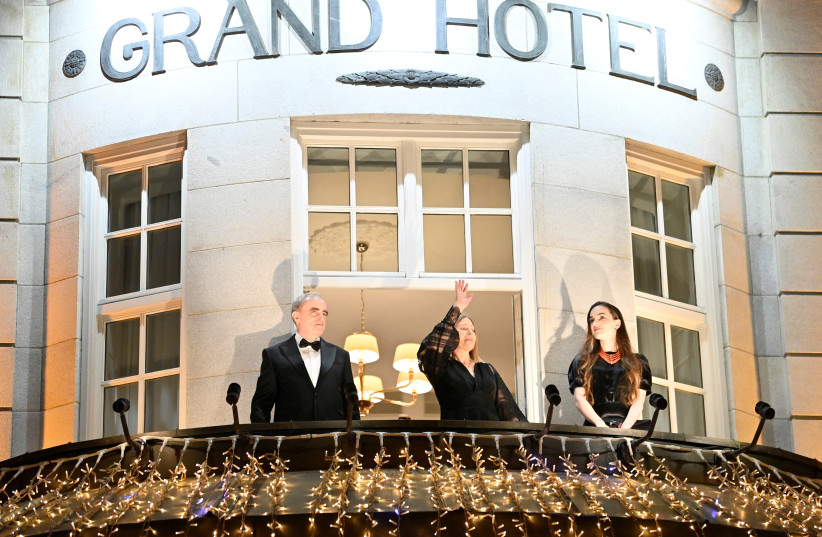A court in Belarus on Friday sentenced Nobel Peace Prize winner Ales Byalyatski to 10 years in prison, Russian state-owned news agency TASS reported, a verdict likely to be strongly condemned by Western human rights groups.
Byalyatski, a pro-democracy activist and founder of the Viasna human rights group which provided legal and financial help to protesters during a 2020 wave of unrest in Belarus, was convicted of financing protests and tax evasion.
The Nobel Peace Prize
He shared the Nobel Peace Prize with Russian rights group Memorial and Ukraine's Center for Civil Liberties in October and was arrested in 2021 along with two co-workers from Viasna.
He has said he is being persecuted for political reasons.

Questionable trial conduct
Viasna said on Twitter that the judge had refused to conduct the trial in Belarusian instead of Russian, and rejected Byalyatski's request for a translator. It also did not consider a request to remove the handcuffs.
"The allegations against our colleagues are linked to their human rights activity, the Viasna human rights center's provision of help to the victims of politically motivated persecution," the group said of the case.
Rights groups say there are around 1,500 political prisoners in Belarus, with many having been arrested since the suppression of the 2020 protests which erupted after veteran leader Alexander Lukashenko declared he had been re-elected in polls the West and the Belarusian opposition said were fraudulent.
